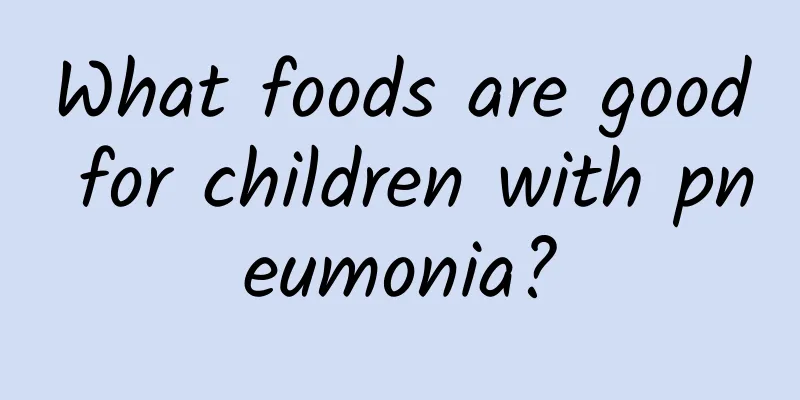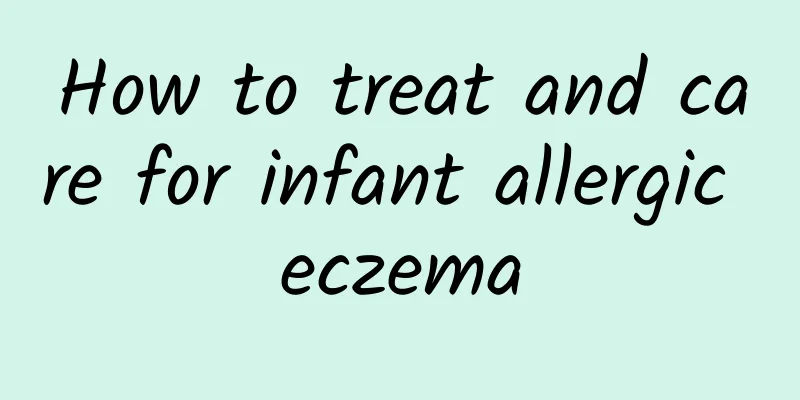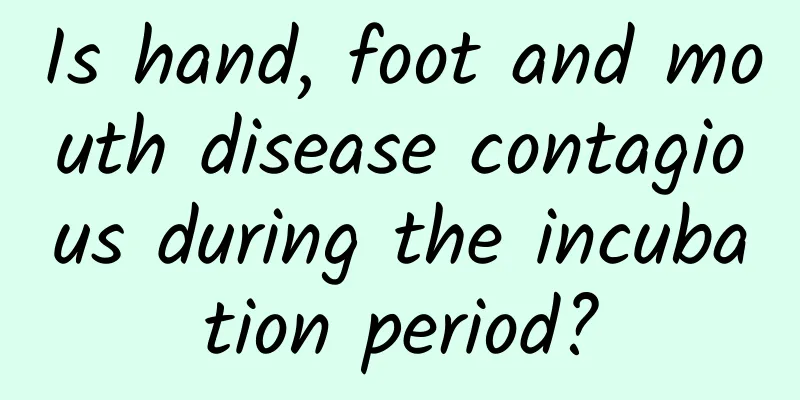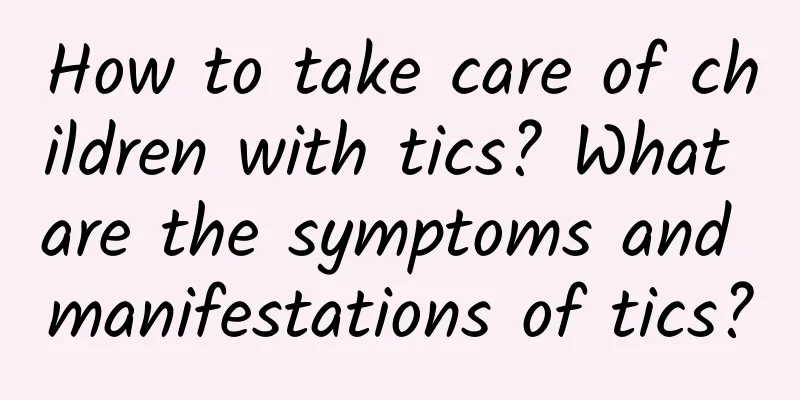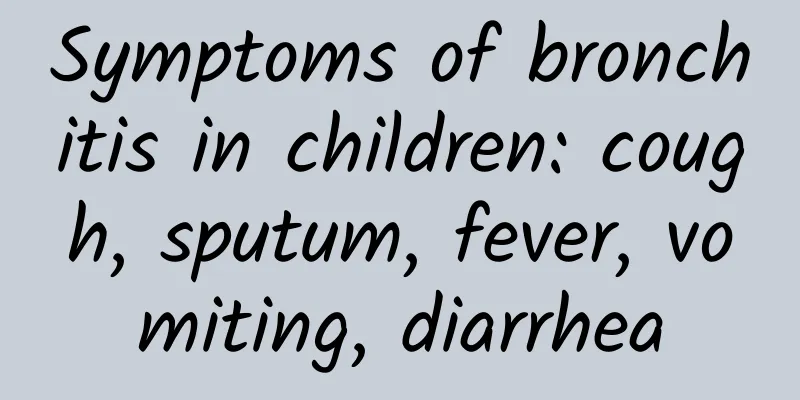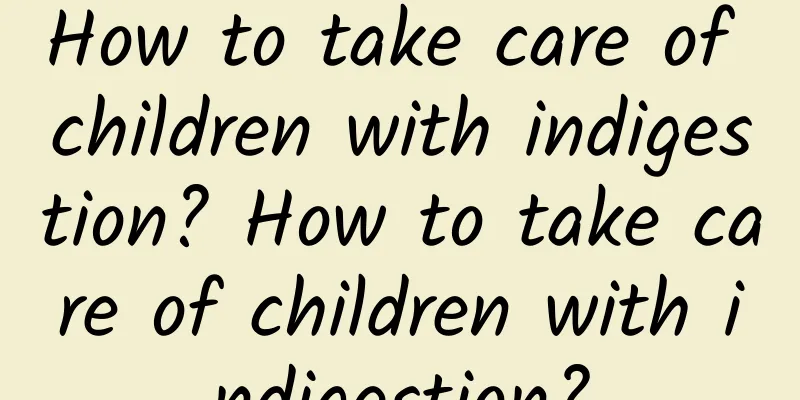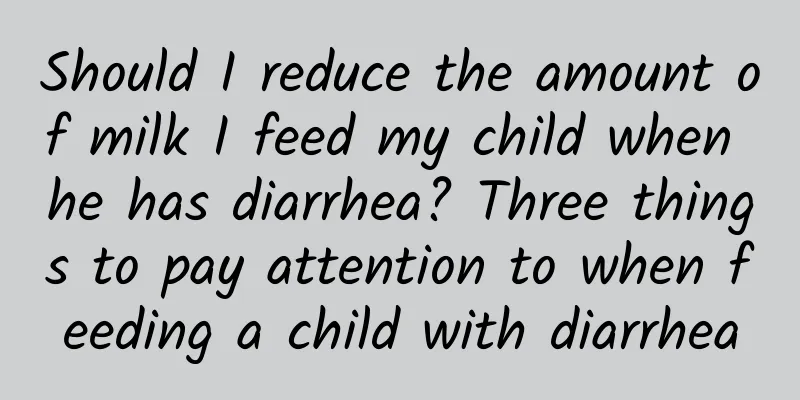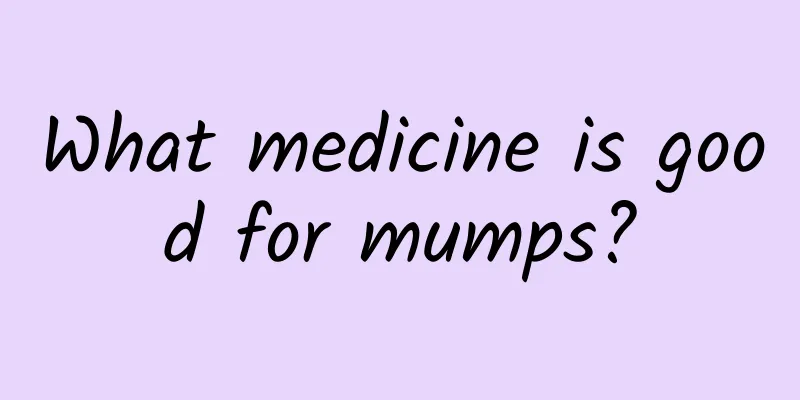What are the causes of children's cough and fever? Can children's cough and fever be caused by pneumonia?
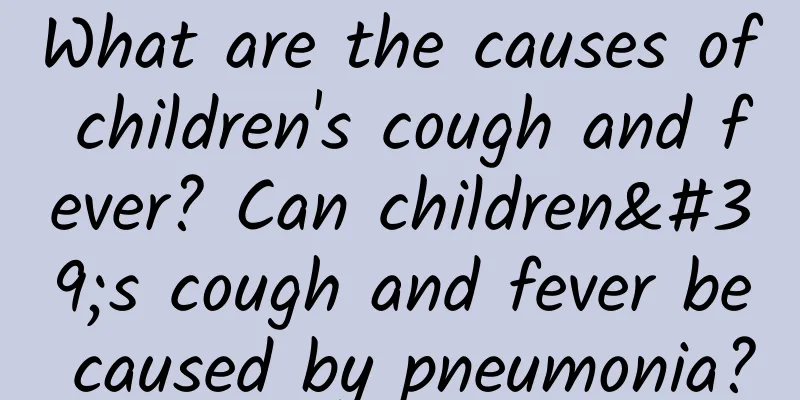
|
Children's cough and fever may be related to adverse environmental stimulation, or they may be infected with pathogens such as chlamydia and suffer from pneumonia. If they have a cold or suffer from allergic asthma, similar adverse reactions will generally occur. In addition, it is also necessary to focus on checking whether there are congenital respiratory diseases. Children's resistance is relatively weak, and they are prone to adverse reactions such as coughing. In most cases, coughing is accompanied by fever. At this time, it is necessary to find the specific cause in time so as to take appropriate cough and fever treatment to control the condition. So what are the main causes of children's cough and fever? 1. Unsuitable environment Children's cough and fever may be caused by adverse environmental stimulation. If the room temperature suddenly becomes too low or there is a strong cold wind, the body will get cold, resulting in symptoms such as cough and fever. At this time, it is necessary to pay attention to timely improve the environment of the child, especially the room temperature should be controlled at around 25 degrees. 2. Pneumonia Cough and fever are the most typical symptoms of pneumonia in children, which are mainly related to mycoplasma, chlamydia and virus infection of the lungs. At this time, there will be a variety of reactions such as shortness of breath, blue complexion, coughing and wheezing with sputum, so it is necessary to choose to take anti-infective drugs for treatment. Commonly used ones are azithromycin and penicillin, but they must be used in small doses. 3. Cold Whether it is a cold, wind-heat cold, or a viral cold, children will have symptoms of coughing, wheezing, and persistent fever. It is recommended to actively take anti-cold drugs after diagnosis. When the fever exceeds 38 degrees, acetaminophen tablets should be given, and Chinese patent medicines such as children's cough syrup should be taken as appropriate. 4. Allergic diseases Allergic asthma can cause children to have persistent coughs and recurrent fevers, which are greatly aggravated by contact with allergens such as pollen and animal fur. If diagnosed, you should keep a distance from all possible allergens and take antihistamines such as loratadine syrup for anti-allergic treatment. 5. Other reasons Various upper airway diseases may cause cough and fever. At this time, it is necessary to check whether the child has chronic pharyngitis, tonsillitis, adenoids hypertrophy, etc. If the child has congenital respiratory diseases, such as mediastinal tumors and congenital tracheoesophageal fistula, the child will also have similar symptoms, which will be more serious. |
>>: How to treat allergic cough in children How to use medicine for allergic cough in children
Recommend
How to treat a two-month-old baby's cough and phlegm? How to treat a two-month-old baby's cough and phlegm?
The respiratory tract of a two-month-old baby is ...
What are the symptoms of Hirschsprung's disease in adults?
Typical symptoms of Hirschsprung's disease in...
Routine examination for diarrhea in children
Diarrhea is a disease that often occurs in daily ...
Can polio be cured?
Many parents and friends are now very concerned a...
What causes breast milk jaundice?
Breast milk jaundice is usually divided into earl...
Effective folk remedies for treating neonatal jaundice
Effective folk remedies for treating neonatal jau...
Should I stop breastfeeding if my baby has jaundice?
Generally speaking, if it is physiological jaundi...
What medicine is good for children with pneumonia and bronchitis?
The choice of medicine for pneumonia and bronchit...
What should I do if my child has a recurring cough? Treatment of recurring cough in children
When children have recurrent coughs, medication c...
How to treat newborn jaundice? Why do babies have jaundice for different lengths of time?
It is normal for newborns to have jaundice, but n...
What are the taboos for influenza? Several taboos for confirmed influenza
Taboos that are easily overlooked include: Eating...
What are the hazards of zinc deficiency? Will zinc deficiency reduce children's memory ability?
Many people with zinc deficiency do not have obvi...
Symptoms of Tourette Syndrome
Tourette syndrome is a neurodevelopmental disorde...
Does polio affect life expectancy?
Polio is a disease that many parents worry about....
What causes pneumonia in children? Can pneumonia in children be transmitted from mother to child?
Neonatal pneumonia is a common pediatric disease....
